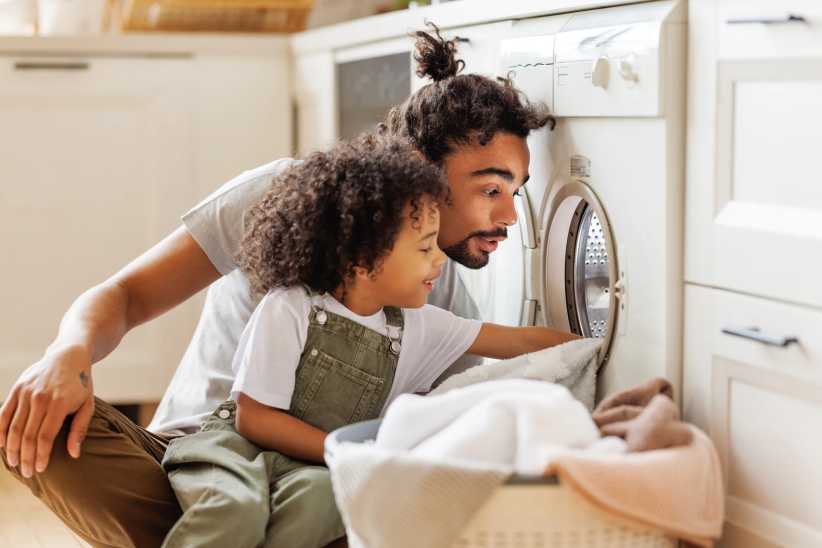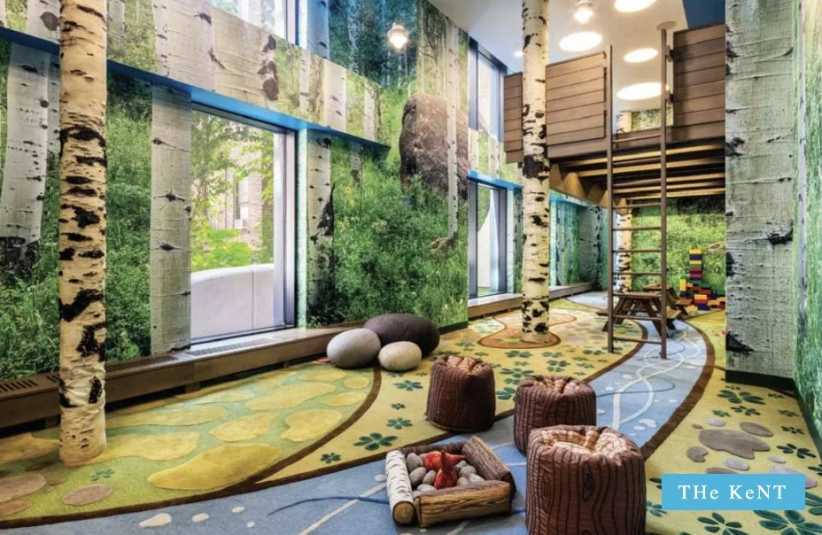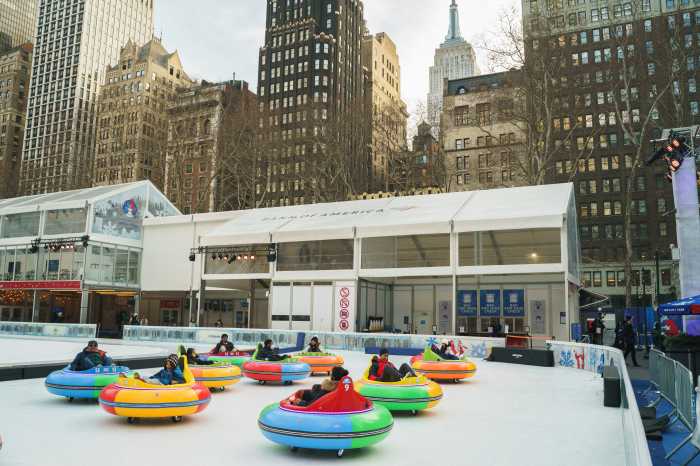 Disposable diapers definitely have the seductive lure of convenience on their side, but the benefits of cloth diapers arguably outweigh this positive. Not only are cloth diapers better for the environment (and your wallet) than disposable diapers, they also provide babies with wonderful dryness and comfort. In addition, some say they even help speed up potty training!
Disposable diapers definitely have the seductive lure of convenience on their side, but the benefits of cloth diapers arguably outweigh this positive. Not only are cloth diapers better for the environment (and your wallet) than disposable diapers, they also provide babies with wonderful dryness and comfort. In addition, some say they even help speed up potty training!
Read on for the latest tips, trends, and fun facts that will have you swapping your baby’s nappies in no time.
Trends
*Today’s cloth diapers are made out of various materials, including organic cotton, hemp, bamboo, flannel, microsuede, poly nylon, and waterproof polyester. They also come with built-in fasteners (gone are the old-fashioned safety pins of back-in-the-day!), and handy liners.
*Many cloth diapers are one-size, which means they can follow a newborn well into his or her toddler years (7-35 lbs).
*bumGenius is arguably the most popular brand in the cloth diaper market; its 4.0 One-size Diapers are available in both snap or hook-and-loop (Velcro) closures, and come in a wide range of bright colors and patterns, and are intended to fit babies from 7-35 lbs. For more awesome cloth diaper brands, click HERE for our roundup!
Benefits
*Since cloth diapers can be washed and re-used, they’re much more environmental-friendly than disposables. To put things in perspective, your family will spare the planet’s already teeming landfills from about a ton of waste (it is estimated that 10,000 tons of disposable diapers are added to trash mounds each day!).
*Your family is reducing its carbon footprint significantly by using cloth diapers. The manufacturing of disposables requires over one million metric tons of wood pulp and over 75,000 metric tons of plastic every year.
*Your baby is far less prone to developing a pesky diaper rash when in cloth diapers for a couple of reasons. First, cloth diapers are more breathable, which means excessive moisture—the most common reason behind diaper rash—won’t develop as frequently, if ever; and second, your baby won’t be exposed to a slew of potentially harmful and skin irritating chemicals including sodium polyacralate (the shiny crystals in disposables that can stick to babies’ skin and cause skin reactions) and Tributyl-tin, a toxic pollutant known to cause hormonal problems in humans and animals.
*Cloth diapers may speed up potty training! Children who use cloth diapers tend to recognize they are wet sooner than those in disposable diapers, which quickens the process.
*Though the initial cost of cloth diapers may seem colossal in comparison to the overall cost of disposable diapers, the cost of using cloth diapers is actually a fraction of utilizing disposables in the long run.
*According to the Real Diaper Association, the average cost to diaper a child with disposables for the first two years of life is about $1600, or $66 per month. In contrast, a basic set-up of pre-folds and covers will cost a family as low as $300 (and you can spend even less by using recycled materials, such as old towels or t-shirts!). For a more comprehensive cost-benefit analysis that reveals the incredible financial perks of investing in cloth diapers, click here.
Cool Tips
*According to Natural Family Online, you can recycle your worn cloth diapers into baby wipes! Soak or spray the cloth squares in the following mixture: 1 cup water, 1 tbsp. Baby Dr. Bronner’s liquid castle, 1 tbsp. apricot oil or almond oil, 2 drops tea tree essential oil, 5 drops lavender essential oil.
*Keep your “diaper pail” fresh by immersing diapers in a part-water, part-white vinegar solution in between washes.
*For local cloth diaper classes, check out Caribou Baby in Greenpoint, Brooklyn. The store is an oasis of sensible products and support for new parents.












